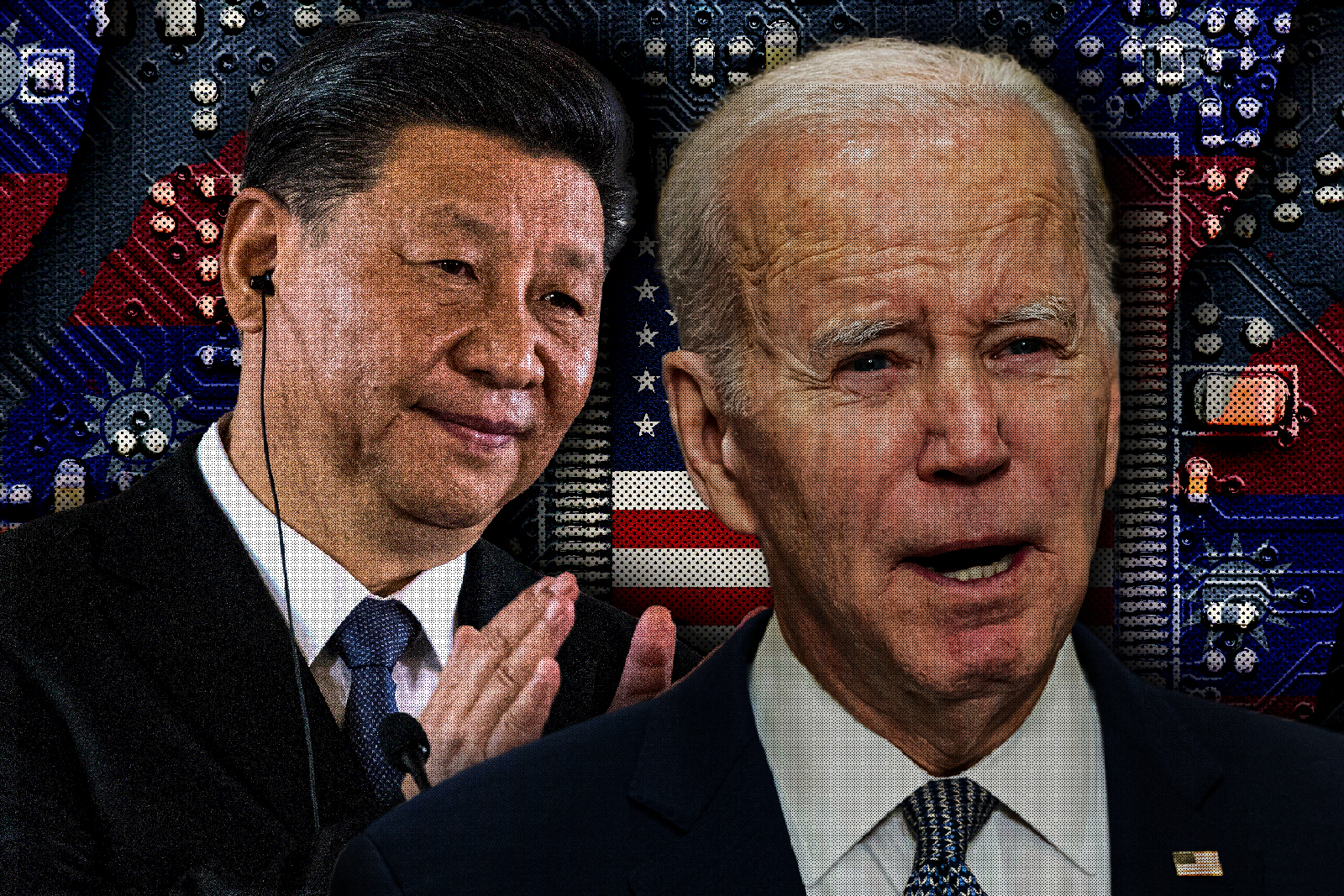
How the Chip War is Impacting Taiwan
Taiwan has been one of the largest semiconductor producers in the world for over a decade. They account for half of the overall production of microchips that are critical for everything from cruise missiles to electronic toothbrushes. During the pandemic, chip production and shortage became a key concern for most global economies; especially between the United States and China. All of this resulted in Taiwan becoming the knot in the middle of a rope in the tug-of-war over chip production.
Taiwan’s economy is largely made up of semiconductor manufacturing and exporting. Semiconductors make up 15% of Taiwan’s economy, with Taiwan producing over 60% of the world’s semiconductors. The U.S.-China chip war has highlighted the desire of both countries to develop their own chip manufacturing capabilities. The U.S. has done so by domestic means, including the 2022 CHIPS and Science Act, and international means of technological cooperation. In March, the U.S. announced that it was going to send officials in charge of chip development to Taiwan to promote cooperation in the global semiconductor supply chain. But such public effort to grow relations between Taiwan and the U.S. could create a chain reaction that results in growing tension between Taiwan and China.
Under Taiwanese President Tsai Ing-wen’s “New Southbound Policy,” there has been an effort to steer Taiwanese trade and investment away from China. That being said, China has invested heavily in Taiwan’s chip-making industry for decades, and through this, it has ensured its place as Taiwan’s number one export destination. To steer trade and investment away from China while maintaining the economic stability that chip production provides, Taiwan must move towards the other contender in the chip war, the U.S. Meaning, Taiwan will have to deal with the ramifications of distancing itself from an economic powerhouse while balancing new relations with another economic powerhouse.
As the chip war progresses, the U.S. has become more aggressive in keeping its advantage in this global sector over China. To do so, the U.S. has heavily scouted Taiwanese companies’ chip design, manufacturing, and packaging. The largest semiconductor-producing company in Taiwan, Taiwan Semiconductor Manufacturing Company (TSMC), has recently become the main target from both the U.S. and China for help in growing their respective chip sectors.
TSMC recently announced that it would be building a second factory in Arizona, raising the company’s investment in the U.S. from $12 billion to $40 billion. “TSMC is such a colossus that it together with the rest of the semiconductor industry constitutes about 15 percent of Taiwan’s GDP, and the company makes up about one-third of the value on the Taiwanese stock market,” Frederik Kelter writes in Foreign Policy. Critics of the move by TSMC to continue investment in the U.S. argue that helping the U.S. to develop and evolve its own chip production sector could mean potentially decreasing the essential role Taiwan plays to the U.S.
If Taiwan is going to move forward with Tsai’s economic policy, it will need to depend on more than just the U.S. to make up for gaps in its exports and the overall economy. There will need to be a push to expand international markets outside of the United States and China. The original initiative to diversify the nation’s international markets by expanding links with ASEAN member states, as well as South Asia, Australia, and New Zealand, will need to be heavily leaned into in the immediate future.
Instability and risk are a threat to Taiwan’s economic growth if the government steers away from China to become instead dependent on the U.S. With the chip war creating bans and tensions in chip production and sales between the two countries, Taiwan needs to ensure evolving economic interaction with other countries to maintain economic growth.
The backlash from China over Taiwan’s cooperation with the U.S. and other countries could intensify Beijing’s already aggressive actions and comments towards Taiwan. Leaders and policymakers in Taiwan will have to navigate the chip cooperation between Taiwan and the U.S. without provoking China. The ‘Silicon Shield’ of Taiwan’s semiconductor industry has been a deterrent against Chinese efforts to forcibly reunite the island with the mainland. But there is doubt whether this can last much longer as the chip war progresses.
Taiwan is entering an era where its control over semiconductors at a time when they are virtually embedded in every piece of technology offers both a unique challenge and opportunity for Taiwan. Due to the chip war, there is polarization in this sector of the economy, and Taiwan must overcome this polarization. But if it is able to overcome this issue then the economic and political opportunity could offer significant changes domestically and internationally.
